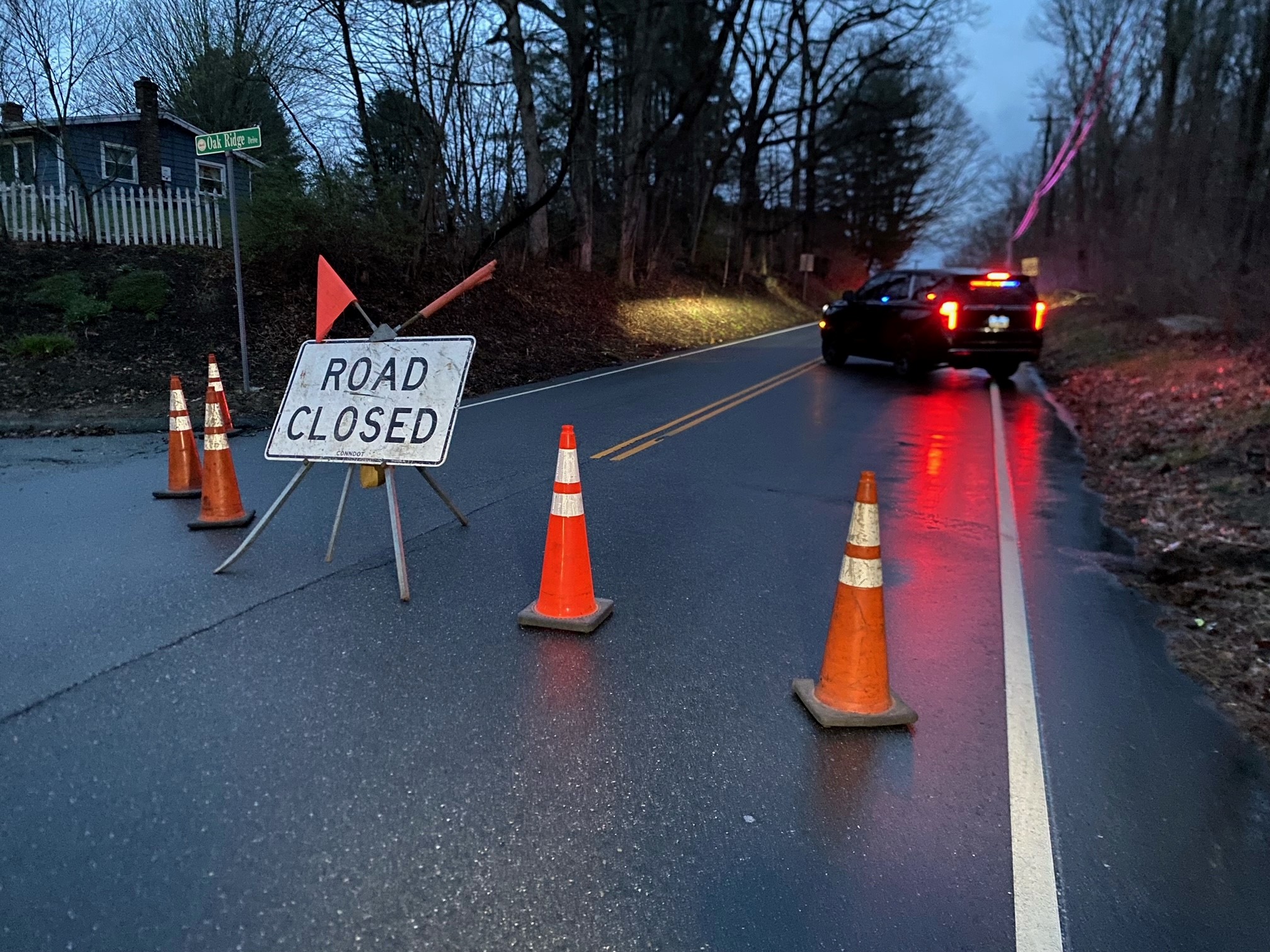State officials have announced $54.6 million in rescissions from state agencies in response to Connecticut's projected $100 million budget gap.
The state is calling for $47.8 million in rescissions for executive branch agencies, $0.9 million for the legislative branch and $6 million for the judicial branch, state officials said.
Some of the largest cuts include $9.2 million affecting the Department of Children and Families, $5.5 million for the Department of Developmental Services, $4.7 million for the state comptroller and nearly $4 million for education, according to the reductions list.
It's the second step the governor's office has taken to balance the budget. Last week, OPM Secretary Benjamin Barnes asked state agencies to minimize spending and reduce hiring in an effort to save money.
“As the Governor has promised, we are managing and administering the budget so that there will be no deficit. These rescissions are painful for some, but tough decisions are necessary to keep the state on firm fiscal footing. State government will live within its means, and we will not raise taxes,” Barnes said in a statement Thursday.
Barnes will meet with the General Assembly's Appropriations and Finance, Revenue and Bonding committees on Friday to go over budget projections for the next three years.
Malloy told reporters Wednesday that the projected shortfall must be kept in perspective and reminded residents that the state's budget totals $20 billion.
Republicans, however, $100 million may seem to be a small piece of the pie in terms of the state's overall spending plan, but would hit home for taxpayers.
"If they have bipartisan solutions they wish to propose, I welcome their participation," Barnes said.
Local
Incoming State Senate Minority Leader Len Fasano and Appropriations Committee member State Sen. Rob Kane criticized the rescissions Thursday, accusing the OPM of failing "to recognize the true severity of budget shortfalls."
“Today we face a significant deficit. And tomorrow that deficit will become staggering. Our budget crisis is also a borrowing crisis and these issues are compounding fast. The solution to these mounting problems does not lie in one time cuts. We need to identify a comprehensive solution by working across the aisle. The longer we wait to make these changes and alter our approach, the deeper the cuts will have to be,” Fasano said in a statement.
Economist Fred Carstensen, who directs the Connecticut Center for Economic Analysis, called the state's budget issues minor and warned of more issues down the road as future deficits are projected.
Carstensen said the state must continue investing in transportation and similar infrastructure, an arena where Connecticut can make major gains in economic development.
"Those expenditures would represent the biggest economic impact for the state, both in terms of immediate job creation – which generates also more revenue for the state – and then also addresses the fact that we have very poor infrastructure in Connecticut," he said.
Carstensen said he remains concerned that the governor has yet to make good on his pledge earlier this year to hire 100 new engineers for the Department of Transportation.
"We're still short 215 people in transportation and that's not an insignificant number," he said.



